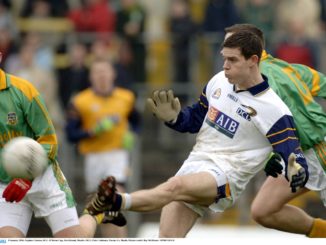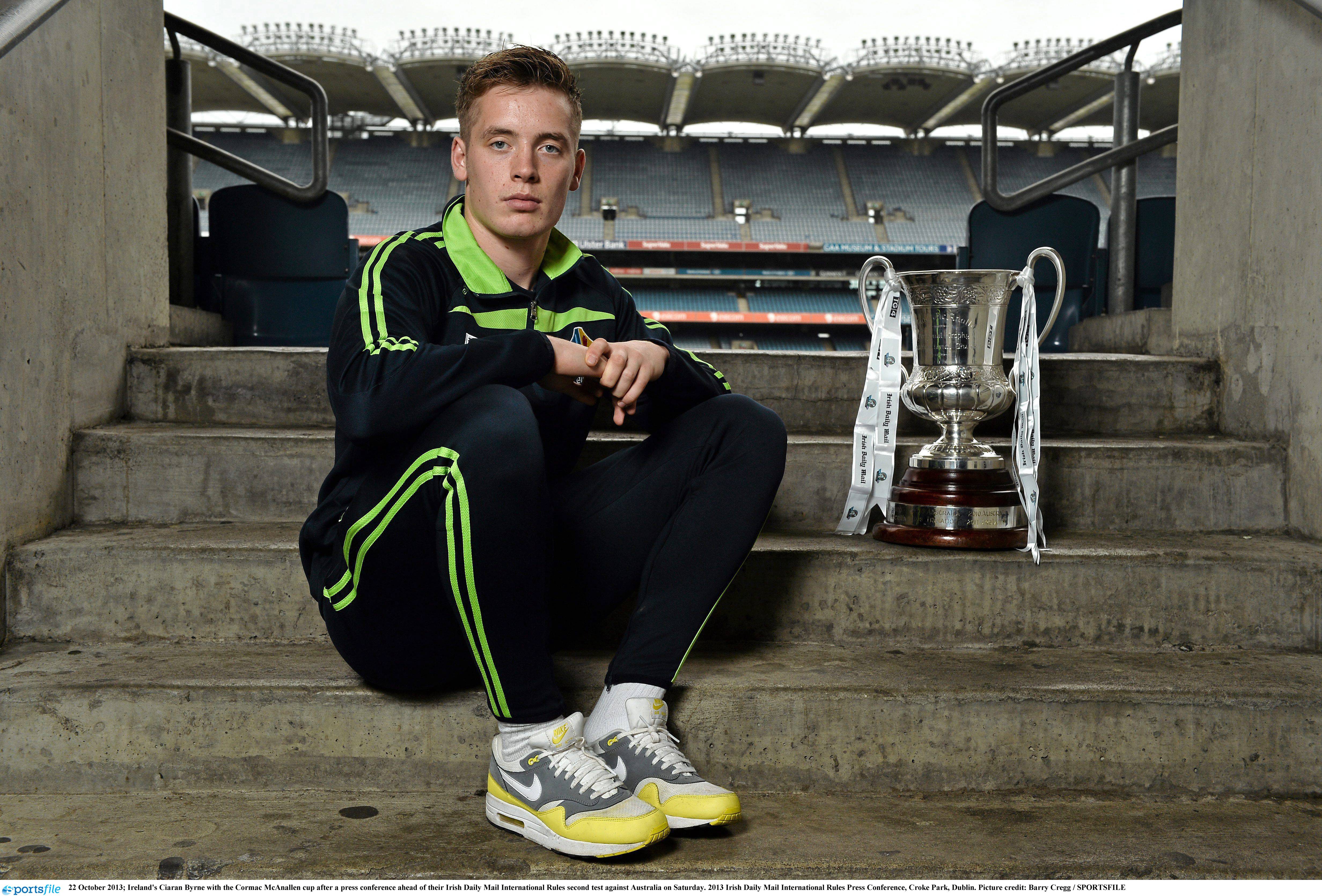
[dropcap]Johna[/dropcap] Jennings was diagnosed with triple negative breast cancer a few weeks ago. When she first heard that she had cancer she cried until she could not cry anymore. She wanted to know why this had happened and what she had done to deserve this. When the doctor explained that the type of cancer she has was triple negative she was left with nothing but confusion.
Johna had no idea what that meant, she didn’t understand that there were different types of breast cancer. She went home and tried researching the cancer variation and she saw that there was very little medication available. This was a type of cancer that she didn’t even know existed. She is trying to eat healthy, organic food and is avoiding sugar. For her, radiation, good nutrition and remaining positive are the only things she can do to try and treat her cancer.
APR-246
Knowing that hormonal therapy is ineffective on your type of cancer can be completely harrowing and can exacerbate your fears and worries but all is not lost for women who have triple negative breast cancer. A Phd student in UCD Naoise Synnott, has developed a drug called APR-246, which could be used to treat the triple negative cells.
“APR-246 targets a mutation in the cancer cells known as P53 mutations. It is really common in cancer, not just breast cancer but all cancers. The compound is able to correct and neutralise the mutation to a type called its wild type form, so its normal form. When it does this, it is able to cause the cell to die,” Synnott said.
Triple negative breast cancer affects around 1 in 5 breast cancer patients and is recognised as a prevalent variation of cancer. What triple negative means is that your breast cancer cells tested negative for estrogen receptors (ER-), progesterone receptors (PR-) and Human epidermal growth factor receptor (HER2-).
These receptors mimic on and off switches for certain activities within cells, according to BreastCancer.org. Normally they are targeted during treatment but in triple negative cases they are not there to be treated, and so there is no hormonal therapy available for these patients.
Previously, the only treatment for patients with triple negative breast cancer was chemotherapy and/or radiation but that was not found to be effective for all patients and it can be very exhausting on the body, Synnott said.
Johna undergoes radiation every day for roughly seven minutes. She requires six weeks of radiation and is half-way through the treatment. In her third week, she is beginning to feel soreness, something akin to menstrual cramps but slightly more painful. She has been warned that she will begin to develop a sunburn on her breast as the weeks progress. But if that is the price of recovery then she does not mind all that much.
Treatment
Johna simply lies down flat and does not move, then the machine begins to move in different angles all around her body. In week 1, the machine focused on where the tumour was, but over the last two weeks the machine is focusing on other parts of the body too. She says that undergoing the radiation itself is painless; only afterwards does the soreness appear.
Synnott’s work with APR-246 — under the supervision of John Crown and Joe Duffy — was published in the International Journal of Cancer in September and will hopefully be put under clinical trials in early 2017. The compound is currently in a phase two clinical trial in ovarian cancer in Sweden, and it was also just approved a for phase two trial in oesophageal cancer in Australia.
The idea to work with the compound came to Professor Joe Duffy after reading a publication back in 2012. The publication looked at all the different kind of mutations and percentages in the different subtypes of breast cancer. There were 500 patient samples in the report and it revealed that p53 had an 80 percent mutation, which was the highest mutation in any subtype of breast cancer.
Since triple negative breast cancer has no drug targeted treatment, Duffy decided to try and apply the compound to the p53 mutation in hopes of being able to treat triple-negative.
The project was funded by Breast -Predict, which is Irish Cancer Society’s first collaborative cancer research centre and it was established in 2013.
Breast-Predict Director Prof. William Gallagher said that the work by Joe Duffy’s team and Naoise Synnott in particular is ‘a very significant and exciting discovery’.
“Unlike other breast cancer subtypes, there is currently no effective therapy approved which specifically targets triple negative breast cancer. It is our hope that, in the near future, triple negative breast cancer will be a much more treatable disease with improved drugs available,” he said.
When Johna heard of the drug APR-246, she said that both she and her friend Katie Spalding Juliani, who also has triple negative breast cancer, would be ‘very interested’ in trying out this drug to help overcome their battle with cancer.
Shauna Bowers




Leave a Reply